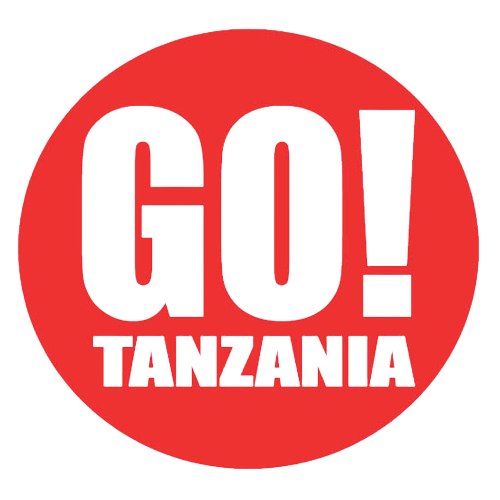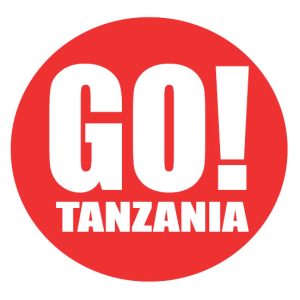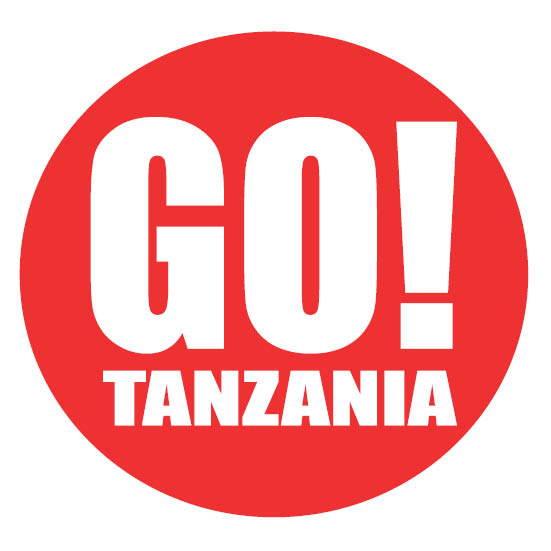Economies of scale and shifting tastes have pushed the ‘punk’ beer pioneers out of UK pubs

It was not so long ago that BrewDog was among the fastest-growing beer brands in Britain.
Credited with sparking Britain’s craft beer revolution and amid an ambitious expansion in pubs and supermarkets across the country, the upstart Scottish firm appeared destined for even greater things.
Not any more. Over the past two years, the brewer’s products have disappeared from almost 2,000 pubs – most of those owned by big chains – from Aberdeen to Penzance, The Telegraph revealed last week.
Beer drinkers are now more likely to find brightly coloured taps for Beavertown Brewery or Camden Town at their local pub instead of a Punk IPA, BrewDog’s flagship 5.4pc ABV brew.
Over the past few years, multinational brewers like Budweiser, Molson Coors and Heineken have put up fierce competition, while a decline in demand for craft beers in favour of more mainstream drinks such as Guinness and Madri is also compounding the problem.
“[Pubs] obviously haven’t got the confidence in BrewDog brands to be driving volume,” says Paul Pavli, the former boss of pub group Punch Taverns and now a hospitality consultant.
BrewDog has blamed its losses in the pub trade on competition from bigger brewers, alleging they are using their huge scale to effectively squeeze independent brewers out of pubs.
At a time when the cost of everything from beer to fuel and labour has gone through the roof, BrewDog has argued this is putting independents at a disadvantage as pub chains prioritise margins.
In the case of pub chains which are owned by breweries, Carrol claims companies are putting more emphasis on selling their own beers rather than independents for the same reasons.
“You obviously have your cost and you’ve got your negotiations around your keg price, [but] big brewers will have the economies of scale that that your smaller brewers won’t have.
“We try to be competitive but if someone’s looking to consolidate all of their beer under one partner, that’s something that we struggle to to compete with. It’s an expensive place [hospitality]. It’s kind of pay to play.”
Big brewers are able to sell to pub groups at an increasingly competitive price because they produce a much higher volume of beer – often granting more beneficial prices when a wider range of their brands are stocked.
Plus, the fact that big brewers own their own craft brands like Camden Town and Beavertown means they can supply pub groups with a wider range of beers under a single deal.
As one pub industry source explains: “There is a market squeeze from the big brewers. BrewDog are not being delisted because they’re expensive. They’re being delisted because it’s not a portfolio play.
“Commercially, [BrewDog] is really aggressive. You can see [from] the price in the supermarkets they’re prepared to not make a lot of money on beer.
“But what they’re prepared to invest – when you combine it with what an overall Molson Coors deal looks like, or an overall Heineken deal – is just not in the ballpark.
“BrewDog could beat Beavertown to a listing, or could beat Camden to a listing, but the minute the big brewers find out, the price of the other beers that that company buys from the Heineken or Budweiser would go up.”
According to The Grocer magazine, it is still the 20th biggest alcohol brand in British supermarkets with current annual sales of almost £207m– although retail growth has slowed with sales effectively flat this year.
It also has a major deal with Britain’s largest pub chain JD Wetherspoon, which distributes BrewDog at its nearly 800 pubs.
“[BrewDog] are one of the big guys,” says Pavli says. “Maybe they’re not as big as Diageo or Carlsberg … but they’re a massive group. They can’t be saying ‘we’re independent, that’s why we’re affected.’”
BrewDog is also grappling with a shift in Britain’s drinking culture. While it is true that BrewDog lacks the sheer financial heft of the biggest brewers, tastes have undeniably changed since it was on the ascendant in the mid 2010s. Hoppy IPAs and small-batch brews are no longer in vogue
“Consumers, in a way, decide what’s been sold on the bar. So maybe their brands aren’t as strong as they think,” Pavli says. “If BrewDog went out and said to the pub companies to take Pravha or Madri off, then consumers would go crazy.
It’s not just on the bar lineup that BrewDog’s faded eminence is apparent. One look at its precarious financial position also shows the impact of the industry changes.
Sales of its beers have flatlined amid ballooning losses, while its reputation has suffered from allegations of being a “toxic” workplace.
It said many employees had positive experiences working there. James Taylor, the new chief executive, is battling to restore faith in the company and put the past behind it after its controversial founder James Watt stepped down.
The pub industry source believes that BrewDog’s past controversies, including an open letter that emerged in 2021 alleging a “culture of fear”, may have played a role in putting some pub companies off them.
While in charge of BrewDog, Watt was also accused of behaving inappropriately with female staff, which he stringently denied.
Further incidents included a staff backlash in 2024 when BrewDog dropped out out of the accredited real living wage scheme, and, more recently, allegations by union Unite that staff at 10 BrewDog bars were given just days notice that the venues would shut. BrewDog denies any wrongdoing.
“Depending on where you are in the country and what kind of pub you run, the staff might have an attitude towards BrewDog. when all the negative press was happening, how much of that was being absorbed by the people that behind the bar?” says the source.
Just how badly the losses to its pub business will hurt BrewDog in the long run is unclear. While chief executive Taylor has admitted the company will not return to profit in its yet-to-be-published 2024 accounts, he recently insisted the company was profitable on an another earnings measure (known as earnings before interest, tax, depreciation and amortisation).
In the future, BrewDog has pinned its hopes on broadening its appeal to drinkers who may not have encountered it before, by signing big sports sponsorship deals with the likes of Lord’s cricket ground and West Ham United.
“What we’re trying to do is is really appeal to a more mainstream audience,” says Carrol.
But it may take some time before it can truly shake off the controversies of its past.
Source: telegraph.co.uk



